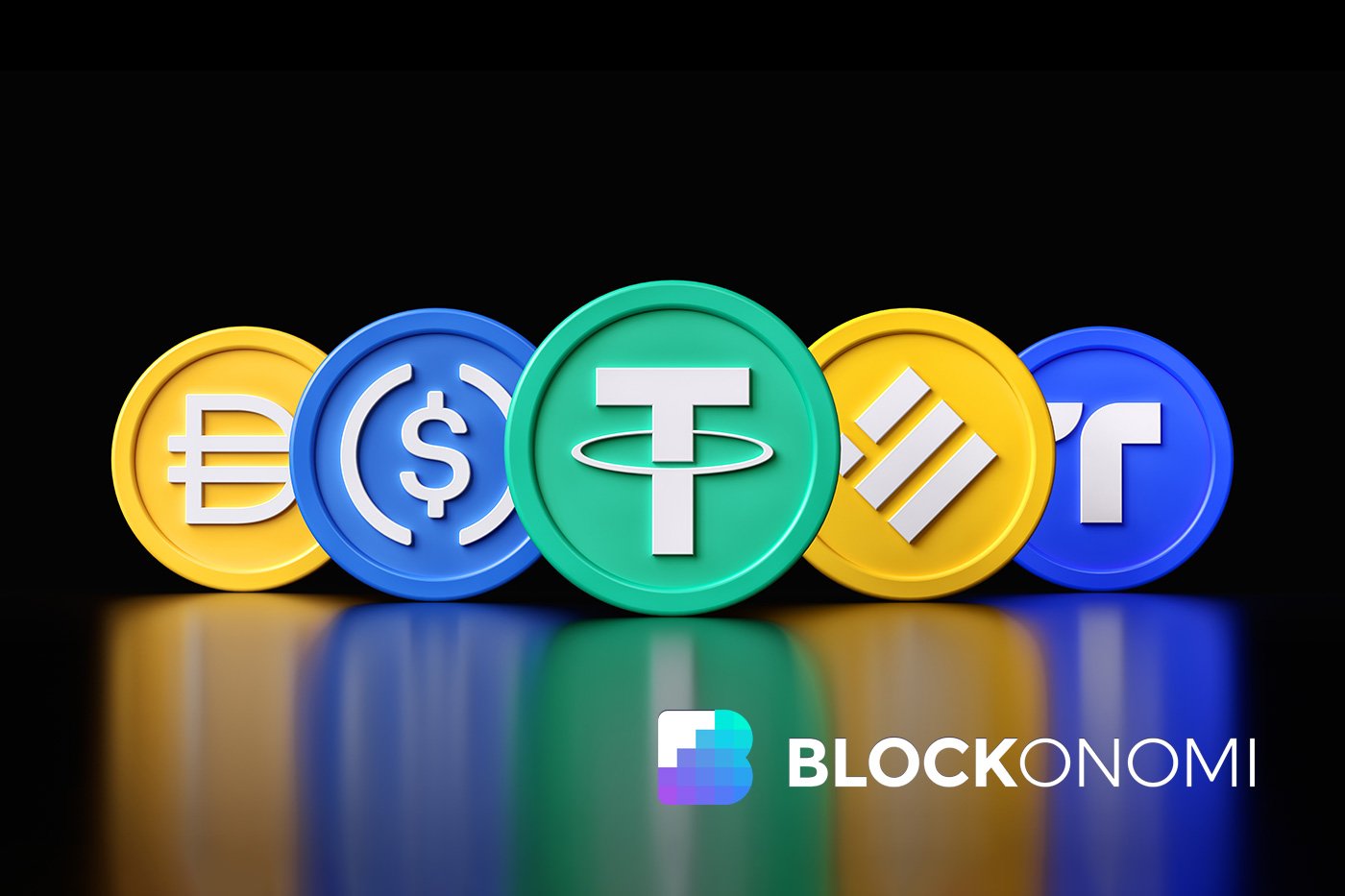
Bolivia has taken a groundbreaking step by announcing plans to integrate cryptocurrencies and stablecoins into its financial system. This decision, spearheaded by the country’s economic minister, Jose Gabriel Espinoza, signifies a bold shift towards a modernized economy and seeks to tackle the nation’s inflation challenges head-on.
Government Approval for Crypto Custody Services
Under this new policy, Bolivian banks will now be authorized to offer custody services for cryptocurrencies on behalf of their clients. This initiative enables customers to securely store digital currencies, such as Bitcoin, Ethereum, and stablecoins, directly with their financial institutions. Moreover, cryptocurrencies will now function as legal tender for critical financial products like savings, loans, and credit.
Bolivia’s Rising Inflation and Stablecoin Adoption
With Bolivia experiencing an annual inflation rate surpassing 22%, residents have increasingly turned to stablecoins for financial stability. Stablecoins such as Tether’s USDT, which is pegged to the US Dollar, are being utilized to circumvent the volatility of the local boliviano currency. These digital assets offer a reliable store of value amidst rising inflation and dwindling access to US dollars in the country.
The government’s move opens the doors for businesses to scale up operations by embracing stablecoins, making pricing and payments seamless and efficient. Notably, companies such as Toyota and Yamaha have already started accepting payments in USDT for vehicles. This growing trend reflects a significant transformation in financial and operational processes within the region.
A Broader Look at Bolivia’s Economic Shift
The integration of cryptocurrencies also aligns with Bolivia’s strategic response to global financial shifts. The state-owned energy company, YPFB, recently announced its intent to pay for energy imports using cryptocurrencies to overcome limitations caused by local currency controls. Though the specific cryptocurrencies were not disclosed, this development indicates the increasing use of digital assets for international trade.
Economic inclusion is another key benefit envisioned by this move. For individuals without access to traditional banking services, the adoption of cryptocurrencies presents an opportunity to participate in a more inclusive financial ecosystem.
Why It Matters
As financial systems around the globe evolve to include decentralized technologies, Bolivia’s progressive stance could inspire neighboring countries to follow suit. By bridging the gap between traditional banking and cryptocurrency ecosystems, Bolivia may offer a sustainable solution to inflation and economic instability.
Interested in enhancing your financial well-being or keeping your crypto assets secure? Consider exploring Ledger Nano X, a trusted hardware wallet for managing cryptocurrency holdings. Protect your investments while Bolivia leads the charge in integrating digital finance into the everyday lives of its citizens.





